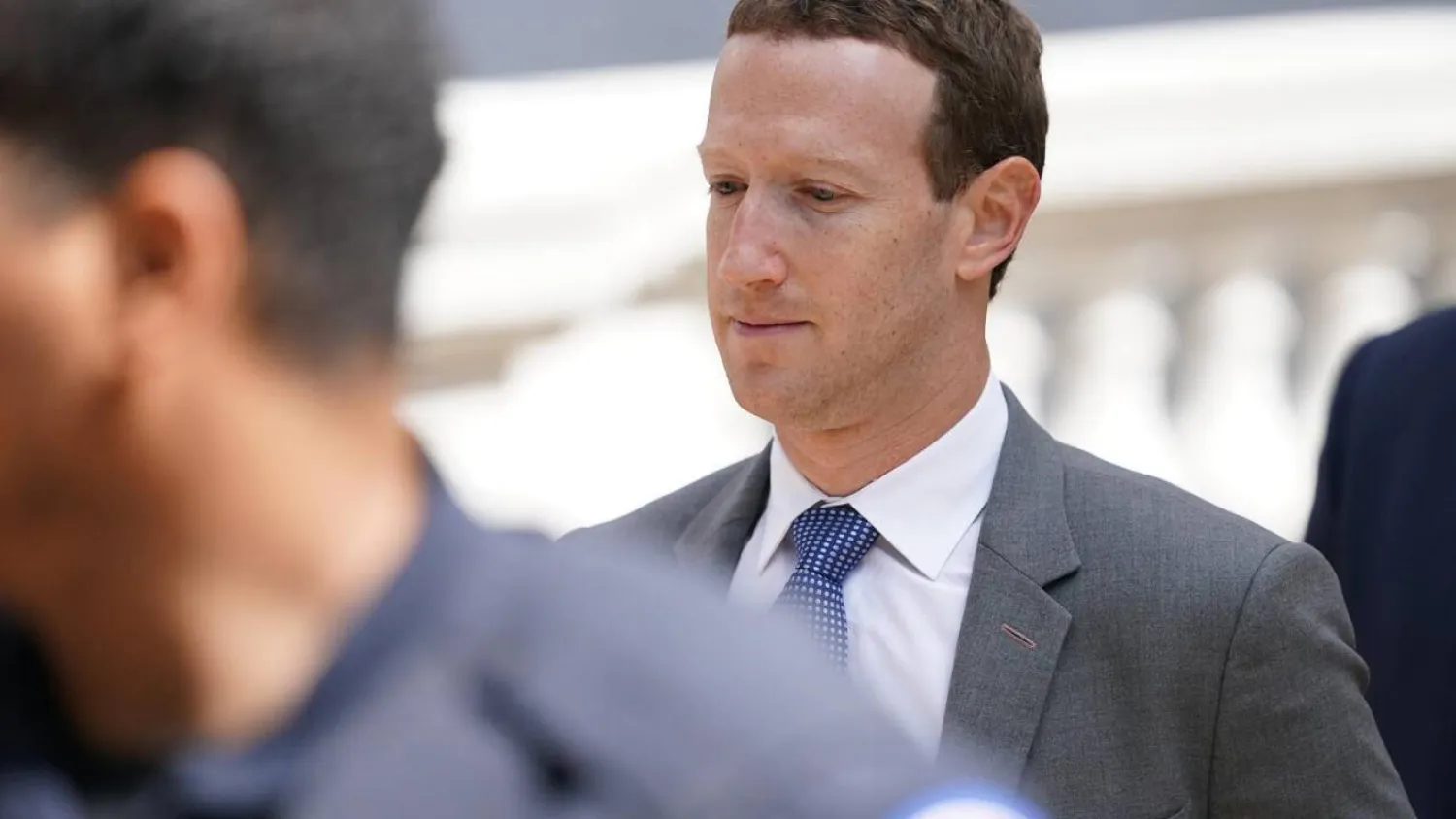Mark Zuckerberg and Meta are spending billions of dollars for top talent to make up ground in the generative artificial intelligence race, sparking doubt about the wisdom of the spree.
OpenAI boss Sam Altman recently lamented that Meta has offered $100 million bonuses to engineers who jump to Zuckerberg's ship, where hefty salaries await, reported AFP.
A few OpenAI employees have reportedly taken Meta up on the offer, joining Scale AI founder and former chief executive Alexandr Wang at the Menlo Park-based tech titan.
Meta paid more than $14 billion for a 49 percent stake in Scale AI in mid-June, bringing Wang on board as part of the deal.
Scale AI labels data to better train AI models for businesses, governments and labs.
"Meta has finalized our strategic partnership and investment in Scale AI," a Meta spokesperson told AFP.
"As part of this, we will deepen the work we do together producing data for AI models and Alexandr Wang will join Meta to work on our superintelligence efforts."
US media outlets have reported that Meta's recruitment effort has also targeted OpenAI co-founder Ilya Sutskever; Google rival Perplexity AI, and hot AI video startup Runway.
Meta chief Zuckerberg is reported to have sounded the charge himself due to worries Meta is lagging rivals in the generative AI race.
The latest version of Meta AI model Llama finished behind its heavyweight rivals in code writing rankings at an LM Arena platform that lets users evaluate the technology.
Meta is integrating recruits into a new team dedicated to developing "superintelligence," or AI that outperforms people when it comes to thinking and understanding.
'Mercenary'
Tech blogger Zvi Moshowitz felt Zuckerberg had to do something about the situation, expecting Meta to succeed in attracting hot talent but questioning how well it will pay off.
"There are some extreme downsides to going pure mercenary... and being a company with products no one wants to work on," Moshowitz told AFP.
"I don't expect it to work, but I suppose Llama will suck less."
While Meta's share price is nearing a new high with the overall value of the company approaching $2 trillion, some investors have started to worry.
Institutional investors are concerned about how well Meta is managing its cash flow and reserves, according to Baird strategist Ted Mortonson.
"Right now, there are no checks and balances" with Zuckerberg free to do as he wishes running Meta, Mortonson noted.
The potential for Meta to cash in by using AI to rev its lucrative online advertising machine has strong appeal but "people have a real big concern about spending," said Mortonson.
Meta executives have laid out a vision of using AI to streamline the ad process from easy creation to smarter targeting, bypassing creative agencies and providing a turnkey solution to brands.
AI talent hires are a long-term investment unlikely to impact Meta's profitability in the immediate future, according to CFRA analyst Angelo Zino.
"But still, you need those people on board now and to invest aggressively to be ready for that phase" of generative AI, Zino said.
According to The New York Times, Zuckerberg is considering shifting away from Meta's Llama, perhaps even using competing AI models instead.
Penn State University professor Mehmet Canayaz sees potential for Meta to succeed with AI agents tailored to specific tasks at its platform, not requiring the best large language model.
"Even firms without the most advanced LLMs, like Meta, can succeed as long as their models perform well within their specific market segment," Canayaz said.









